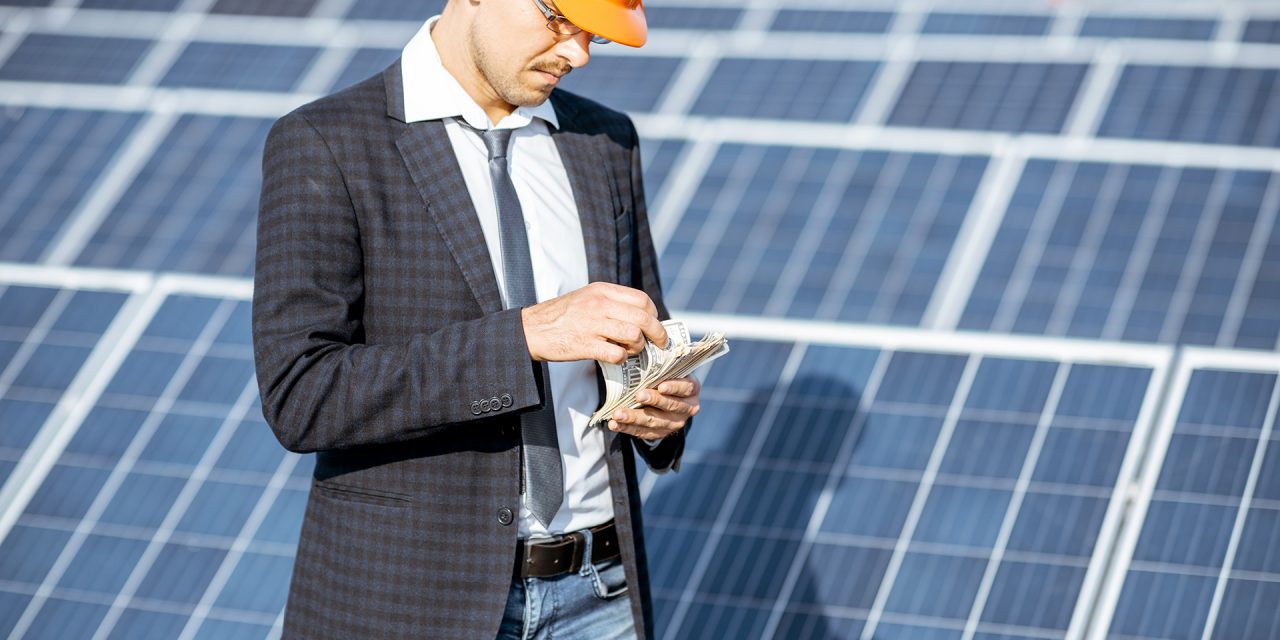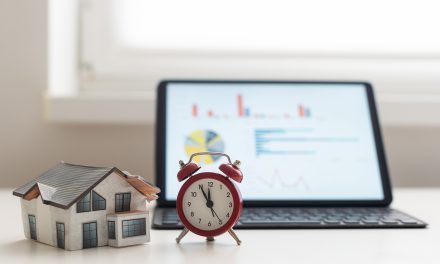In recent years, solar power has emerged as a shining star in the world of renewable energy. Not only does it contribute to a more sustainable planet, but it also offers substantial financial benefits to those who invest in solar energy. As the world grapples with climate change and the transition to cleaner energy sources, understanding the financial advantages of solar investments has never been more crucial.

Solar Power: A Sustainable Choice
Before we delve into the financial aspects of solar investments, it’s essential to acknowledge the role solar power plays in environmental sustainability. Solar energy systems harness the sun’s inexhaustible energy, significantly reducing greenhouse gas emissions. By making the switch to solar, you’re not only saving money but also reducing your carbon footprint, contributing to a healthier planet.
Understanding the Financial Benefits
- Reduced Energy Bills: One of the most immediate and noticeable financial benefits of investing in solar panels is a substantial reduction in your monthly energy bills. Solar systems generate electricity that can power your home, meaning you rely less on traditional energy sources. Over time, this can translate into significant savings.
- Government Incentives: Governments across the United States and Canada offer various incentives to promote solar power adoption. These incentives can include tax credits, rebates, and even cash incentives. By taking advantage of these programs, you can lower the upfront cost of your solar investment.
- Energy Independence: Solar panels give you a degree of energy independence. By producing your own electricity, you’re less vulnerable to energy price fluctuations. This can provide peace of mind and long-term financial stability.
- Net Metering: Net metering allows you to sell excess energy generated by your solar panels back to the grid. This means that on sunny days when your solar system generates more energy than you need, you can earn credits or money from your utility company.
- Increased Property Value: Solar panel installations often increase the value of your home. Should you decide to sell your property, the presence of a solar energy system can make it more appealing to prospective buyers, potentially resulting in a higher resale value.
- Return on Investment: A solar investment typically has a strong return on investment (ROI). The time it takes to recoup your initial investment depends on various factors, but it’s often shorter than you might think. Once your system has paid for itself, you’ll continue to enjoy cost savings for many years.
Navigating the Solar Investment Process
Investing in solar power is undoubtedly an attractive prospect, but it’s essential to make informed decisions. Here are some key steps to consider:
- Assessment: Start by assessing your energy needs and your property’s solar potential. Consult with a reputable solar installer to determine the right system size for your home.
- Financing Options: Explore financing options such as solar leases, power purchase agreements (PPAs), or loans to help cover the initial investment cost.
- Choosing a Solar Installer: Select a trusted and experienced solar installer who can guide you through the process, from system design to installation.
- Permitting and Incentives: Work with your installer to secure necessary permits and take advantage of government incentives.
- Maintenance: Solar panels are relatively low maintenance, but they do require occasional cleaning and inspections. Stay proactive in caring for your system to maximize its lifespan.
The financial benefits of investing in solar power are becoming increasingly evident as technology advances and incentives expand. By transitioning to solar energy, you not only contribute to a greener planet but also secure a brighter financial future. So, why wait? Embrace the bright future of solar today and illuminate your path to sustainable living and financial savings. Your investment in solar power will undoubtedly shine brightly for years to come.










